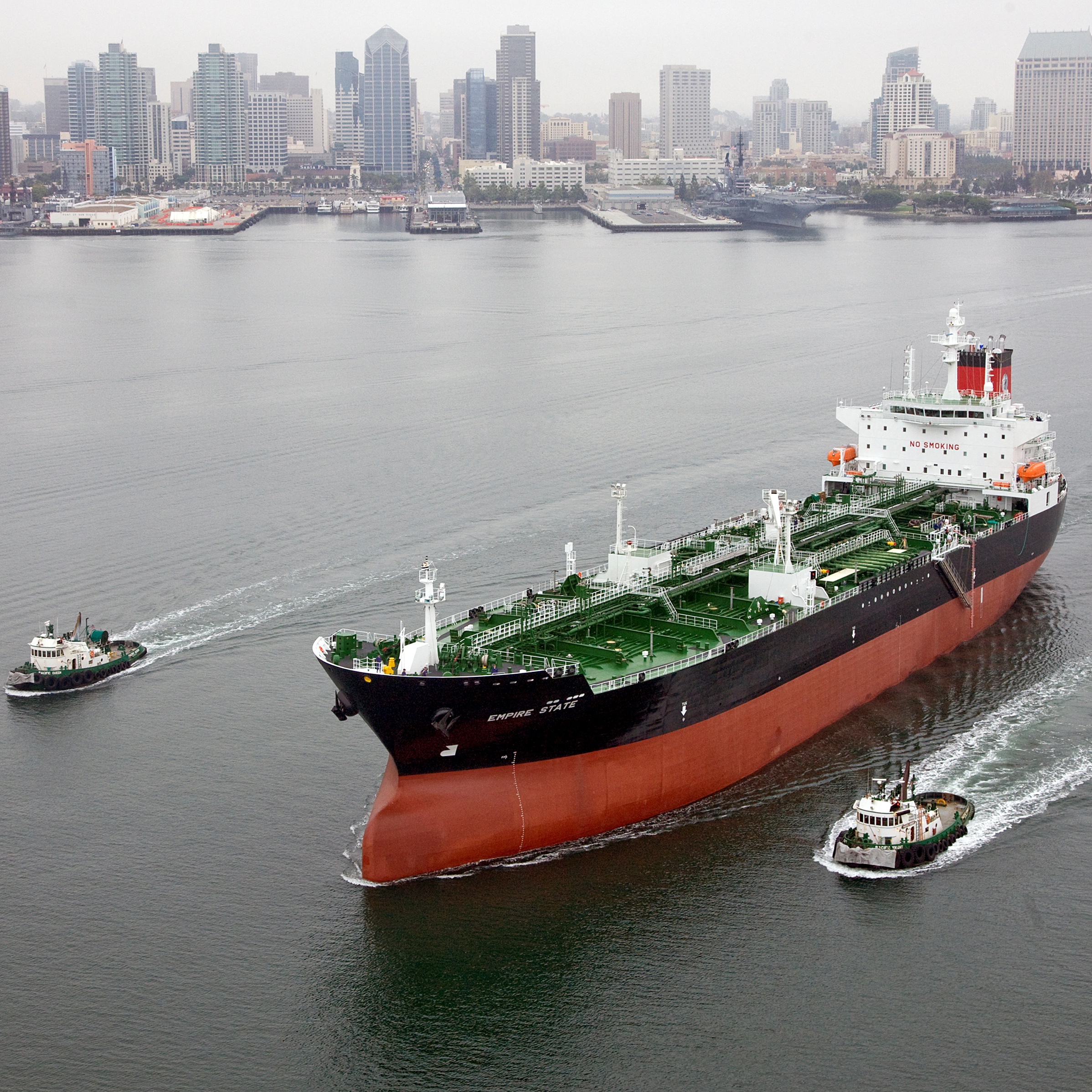

Kinder Morgan Inc. (NYSE: KMI) reported first quarter 2016 results after markets closed Wednesday. The midstream giant posted earnings per Class P share (EPS) of $0.12 per share on revenues of $3.2 billion. In the same period a year ago KMI posted EPS of $0.24 on revenues of $3.6 billion. Consensus estimates called for earnings per share of $0.19 per share on revenues of $3.74 billion.
Distributable cash flow (DCF) is a non-GAAP measure that is roughly comparable to net income per share and is KMI’s preferred way of comparing basic cash flows to the cash dividends it expects to pay shareholders. Another way of looking at DCF is as coverage in excess of dividends. DCF for the first quarter totaled $0.55 per share, down from $0.58 in the year-ago quarter. The decrease is primarily attributable to a decline in the company’s CO2 segment and higher preferred stock dividends, partially offset by increases in the Natural Gas Pipelines and Products Pipelines segments..
Kinder Morgan will pay a dividend of $0.125 per share to shareholders of record on May 2nd. On an annualized basis the company’s dividend payment of $0.50 represents a yield of 2.75%.
In an outlook statement, Kinder Morgan said it expects 2016 DCF to fall about 4% below its planned level of $4.7 billion and 2016 EBITDA to ball about 3% short. The decrease is attributed to continuing weakness in the energy sector.
The company also cut its growth capital (capex) from $3.3 billion to $2.9 billion, a second drop from its original spending plan of $4.2 billion for the year. The company also reduced its growth backlog from a prior total of $18.2 billion to $14.1 billion, driven primarily to the removal of the Northeast Energy Direct Market project and the Palmetto Pipeline project.
DCF before items for the quarter totaled $1.23 billion compared to $1.24 billion in the first quarter last year due primarily to a decline in the company’s CO2 division where it accounts for its crude oil production. After-tax items reducing DCF totaled $132 million. In the year-ago quarter the after-tax effect of certain items reduced DCF by $26 million. Net income after items totaled $314 million in the first quarter compared with $419 million in the same quarter a year ago.
Executive chairman Richard Kinder had this to say about KMI:
Given our tremendous amount of cash flow, we do not need to access the capital markets to fund growth projects in 2016. This cash flow in excess of our dividends insulates us from challenging capital markets and significantly enhances our credit profile. Moreover, by continuing to high-grade our backlog, we do not expect to need to access the capital markets to fund our growth projects for the foreseeable future beyond 2016.
The forecast for a drop of 4% in distributable cash flow will hurt the stock. Capex is going lower, but that’s not especially bad news because the projects were canceled because there were no customers for them. The good news, at least according to Richard Kinder, is that there will be no further dilution of the stock.
Shares of KMI traded down more than 3% in after-hours trading Wednesday at $18.40 in a 52-week range of $11.20 to $44.71. The consensus price target on the stock was $20.78 before today’s earnings announcement.
Sponsored: Find a Qualified Financial Advisor
Finding a qualified financial advisor doesn’t have to be hard. SmartAsset’s free tool matches you with up to 3 fiduciary financial advisors in your area in 5 minutes. Each advisor has been vetted by SmartAsset and is held to a fiduciary standard to act in your best interests. If you’re ready to be matched with local advisors that can help you achieve your financial goals, get started now.
Thank you for reading! Have some feedback for us?
Contact the 24/7 Wall St. editorial team.


